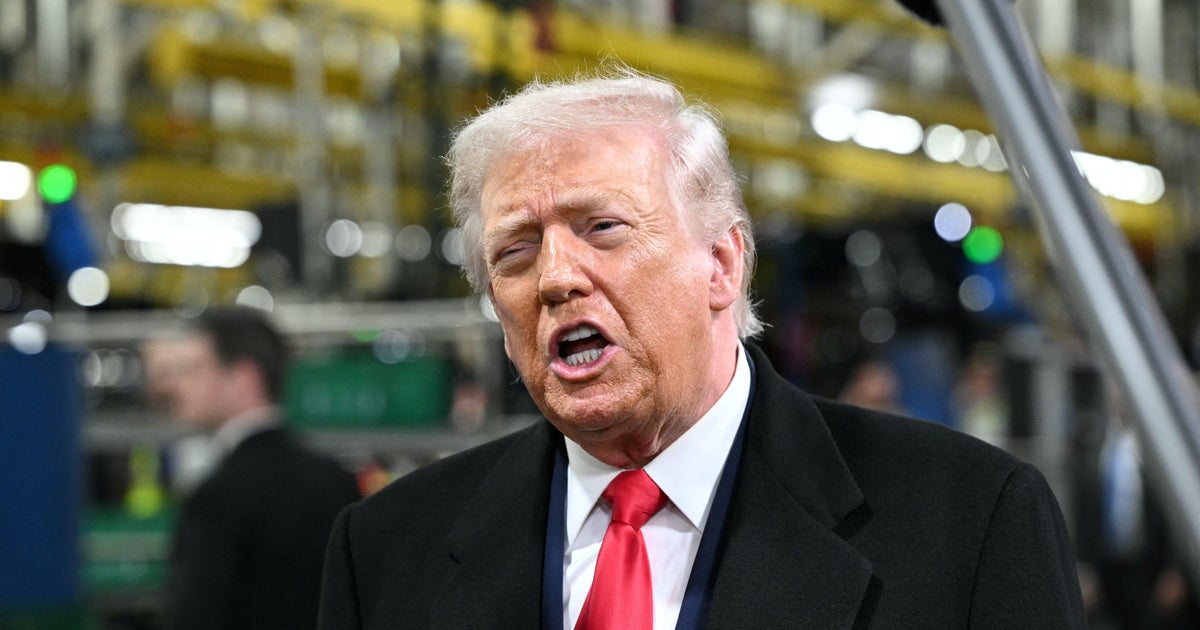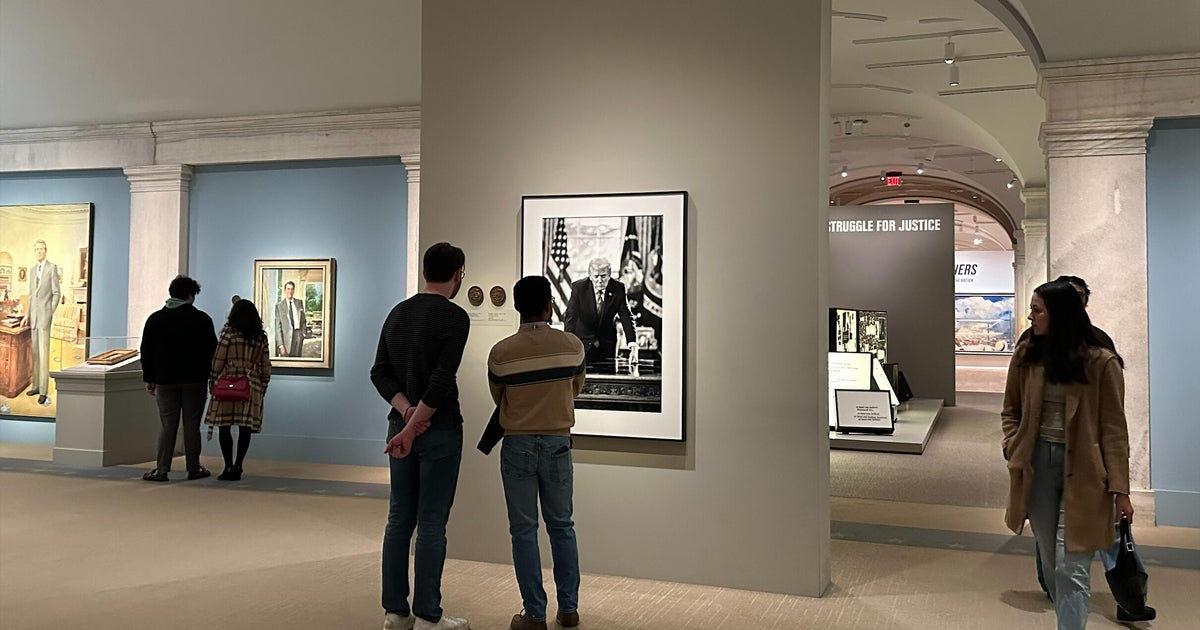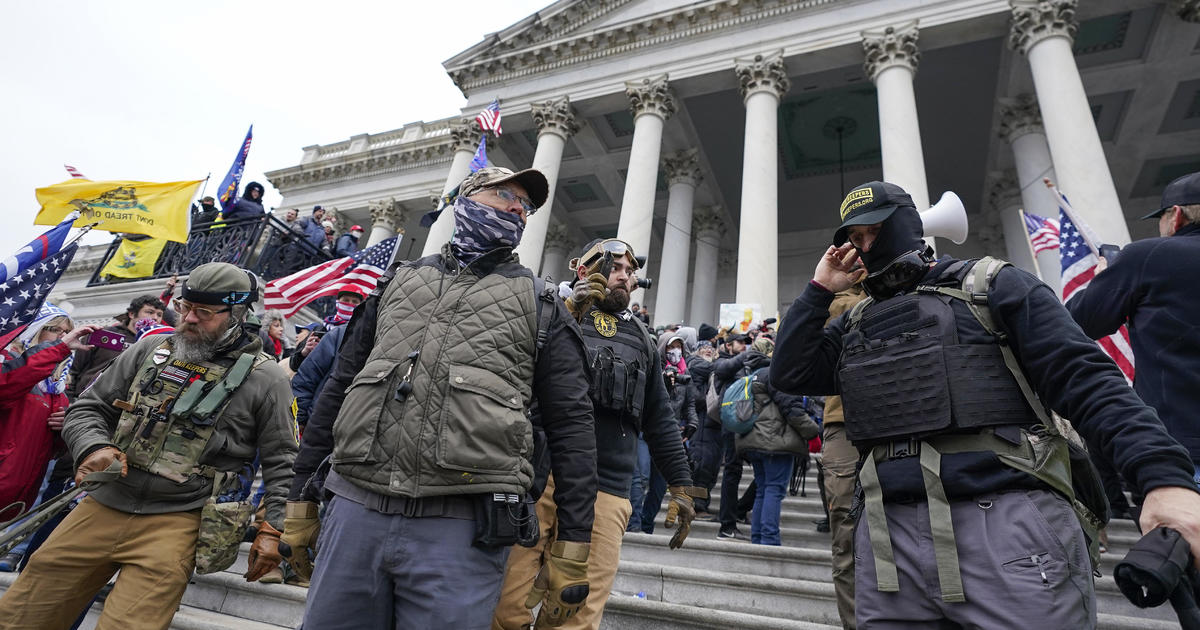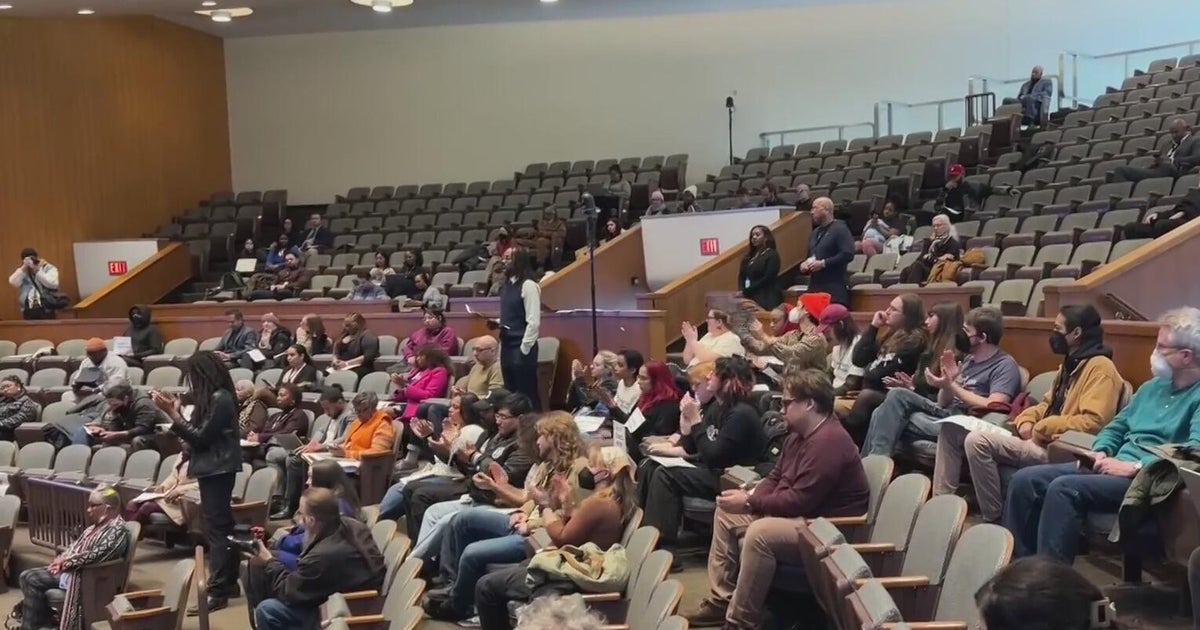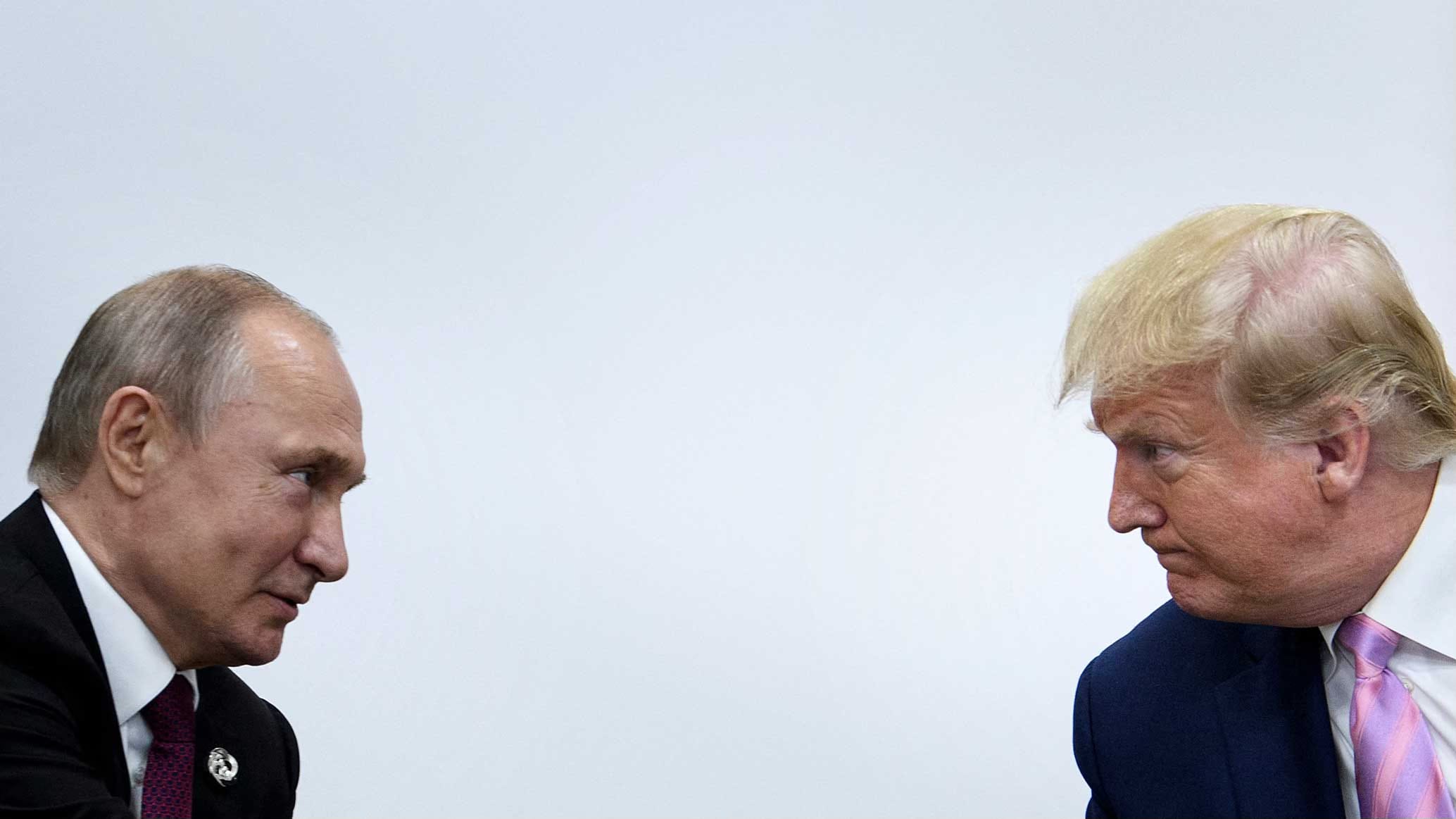Putin sarcastically offers Comey asylum in Russia, disparaging U.S. "political infighting"
MOSCOW (AP) -- Wading into the furor surrounding the investigations of the Trump White House, Russian President Vladimir Putin used a national call-in show Thursday to disparage what he called U.S. "political infighting" that is blocking better relations with Russia.
The Russian leader even sarcastically offered political asylum to fired FBI Director James Comey.
Putin reaffirmed his denial of allegations by U.S. intelligence agencies that the Kremlin meddled in the 2016 U.S. election, saying that Russia has openly expressed its views and hasn't engaged in any covert activities. He also tried to turn the tables on the U.S., saying it has sought to influence Russian elections by funding nongovernmental organizations as part of its aspirations for world domination.
"Turn a globe and point your finger anywhere, you will find American interests and interference there," he said.
Putin also likened Comey to Edward Snowden, a contractor who leaked thousands of secret documents from the National Security Agency and has been living in Russia since being granted asylum in 2013.
"It sounds and looks very weird when the chief of a security agency records his conversation with the commander-in-chief and then hands it over to media via his friend," Putin said.
"What's the difference then between the FBI director and Mr. Snowden?" he asked. "In that case, he's more of a rights campaigner defending a certain position than the security agency chief."
On an acerbic note, he added that if Comey "faces some sort of persecution in connection with that, we are ready to offer political asylum in Russia to him as well."
The remarks reflected Putin's frustration with the investigations into alleged links between President Donald Trump's campaign and Russia. The inquiries have dogged the White House, shattering Moscow's hopes for improving ties with Washington.
He called the allegations a reflection of "exacerbating political infighting."
On a conciliatory note, Putin added that Russia still hopes for normalization of ties with the U.S.
"We don't see America as our enemy," he said.
He said Moscow and Washington could cooperate to prevent the proliferation of weapons of mass destruction and pool efforts to tackle the North Korean nuclear and missile problem.
The two countries also could cooperate on global poverty and preventing climate change, he said, adding that the U.S. remains the essential player on climate despite Trump's decision to pull the U.S. out of the Paris accord.
Moscow also hopes that the U.S. could play a "constructive role" in helping settle the Ukrainian crisis, he said.
During the tightly choreographed show, Putin said the country has climbed out of recession despite ongoing Western sanctions, adding that the restrictions have forced Russians to "switch on our brains" to reduce dependence on energy exports.
He deplored the U.S. Senate's decision Wednesday to impose new sanctions as yet another attempt to "contain" Russia, but he insisted that such measures have only made the country stronger.
The Senate voted to punish Moscow for the alleged election meddling by approving a wide-ranging package of sanctions that target key sectors of Russia's economy and individuals who carried out cyberattacks.
The bill follows several rounds of other sanctions imposed by the U.S. and the European Union over Russia's annexation of Ukraine's Crimean Peninsula and its support for pro-Russia insurgents in eastern Ukraine.
Putin argued that Russia has done nothing to warrant the Senate move, calling it an "evidence of a continuing internal political struggle in the U.S."
Tens of thousands rallied Monday across Russia to protest official corruption, heeding a call by opposition leader Alexei Navalny. He was detained outside his home in Moscow before the protest and was sentenced to 30 days in jail for staging an unsanctioned rally. More than 1,750 were detained nationwide and scores received jail terms and fines.
